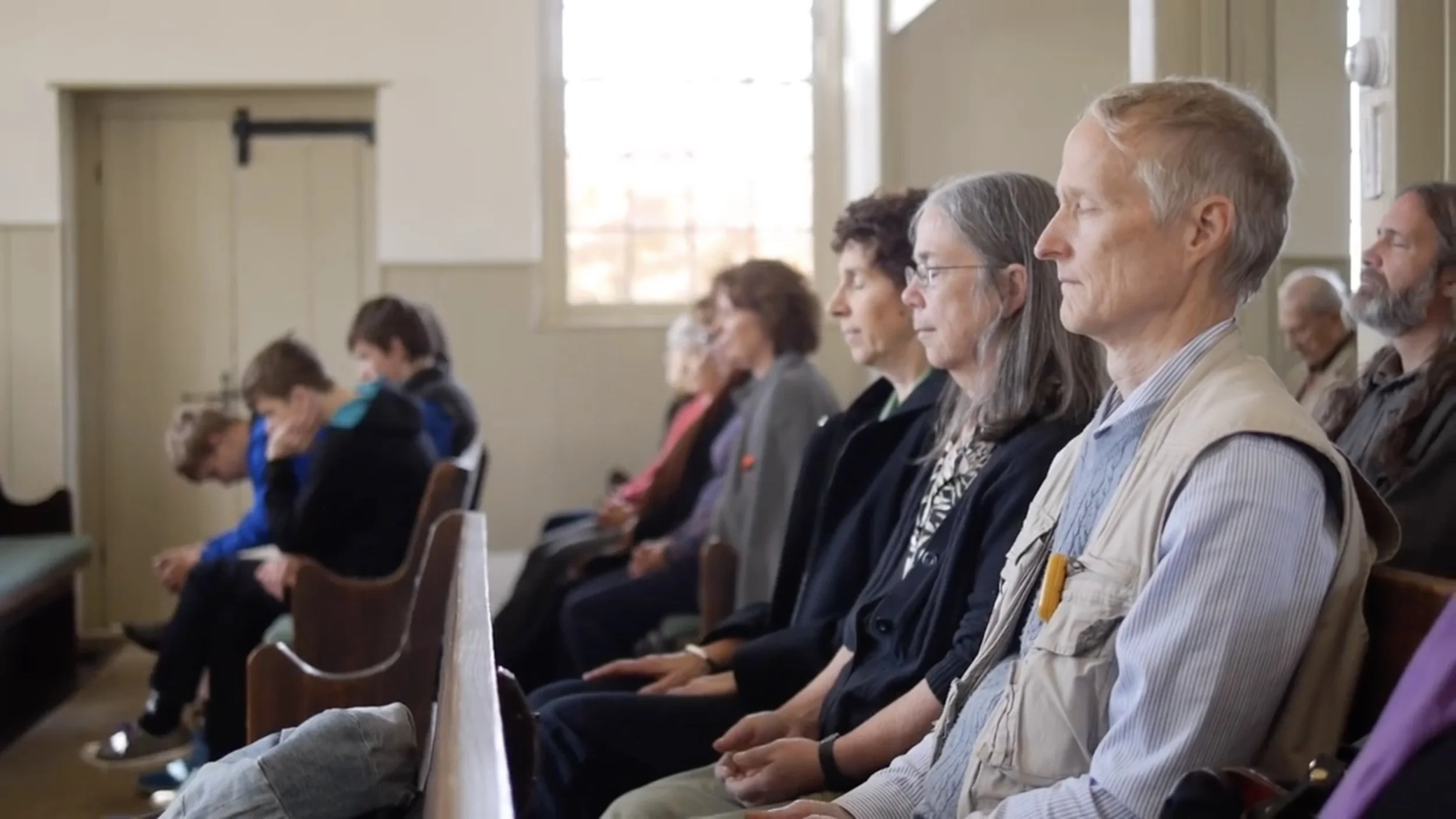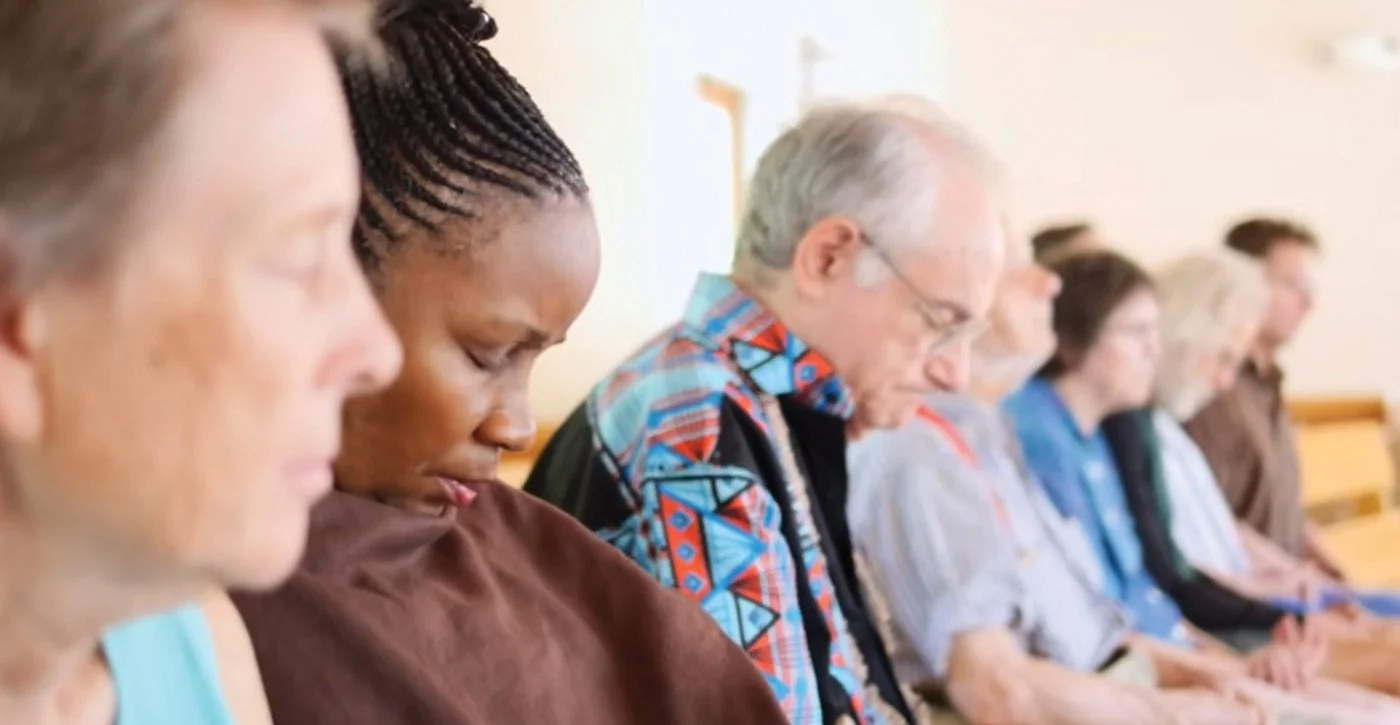Who are the Quakers, or “Friends”?
The North Star Network is a Quaker organization.
Quakers are sort of like a church, but really more like a movement. Our traditional name is the Religious Society of Friends. The names Quakers and Friends (from John 15:15) are interchangeable.
Friends have a radical vision of equality rooted in our conviction that God dwells in everyone — no exceptions.
Friends fought for the abolition of slavery and helped operate the Underground Railroad in support of enslaved people who were struggling for liberation in the 19th century. Quakers have also been known for standing up for peace and nonviolence and resisting war.
Friends have backed women’s voting rights, civil rights, aid for war victims and justice for marginalized and displaced people across the world.
They operated a rescue network across Europe and helped thousands of Jewish victims and political opponents of Hitler during the Holocaust. They continue to press for refugees’ rights and most recently sued the federal government, challenging ICE’s ability to make arrests at houses of worship.
Quakers emphasize action and witness as a way of living out their faith, but what do they believe?
Individual beliefs and the way they are expressed vary, but most Quakers would say they experience the Divine as a loving God whose spirit is available equally to every individual, without exception. We believe that it's possible to have an immediate, direct relationship with this loving, life-giving God.
When asked, traditional Quakers will often say that our experience of God can't be fully captured in words, doctrines, rituals or theories of salvation, so we have no formal creed or statement of belief.
Friends use various names like the Inner Light, Christ Within, Truth, the Inward Teacher, the Light Within or the Holy Spirit to describe God’s presence. Labels and words are not so important. Following the promptings of the Light Within is what matters.
What happens at a Quaker service?
Quaker congregations are known either as "Meetings" or Churches, depending on local tradition and the group's leanings. Visitors are welcome and everyone is invited to participate.
Some Quakers gather in simple unadorned Meetinghouses to sit together in silence or expectant waiting and listen for God's leadings without a pastor or set order of worship. A group that worships this way is called an "Unprogrammed Meeting."
Other Friends gather in churches and have pastors who lead the worship, which includes Bible readings, a sermon, singing and often a period of silence. These groups are called Pastoral Meetings or Friends Churches.
An overwhelming number of traditional Unprogrammed Meetings and some Friends Churches are welcoming congregations that affirm the full participation of LGBTQI+ people. Other Quaker Churches that are closer to the Protestant mainstream and tend to identify as evangelical have chosen not to embrace inclusivity.
Quakers were religious dissenters in 17th-century England. In the early days, they were targets of persecution because governments and the established church considered them to be heretics and subversives. Thousands were martyred for living according to their convictions.
Today, we stand in solidarity with the stranger and the persecuted, with victims of violence, hatred, racism and discrimination and with people who are struggling for their rights.
Likewise, for more than three centuries, as Quakers we’ve remained convinced that our understanding of God is not compatible with violence and war. This has given rise to the Friends Peace Testimony, which we try to live out in tangible ways.
Quakers are as human as everybody else. We don't always live up to our ideals. We fall down and fail. We have differences. We're as susceptible to fear as other people. But we try to live with integrity and hope and to draw strength from God's spirit.


